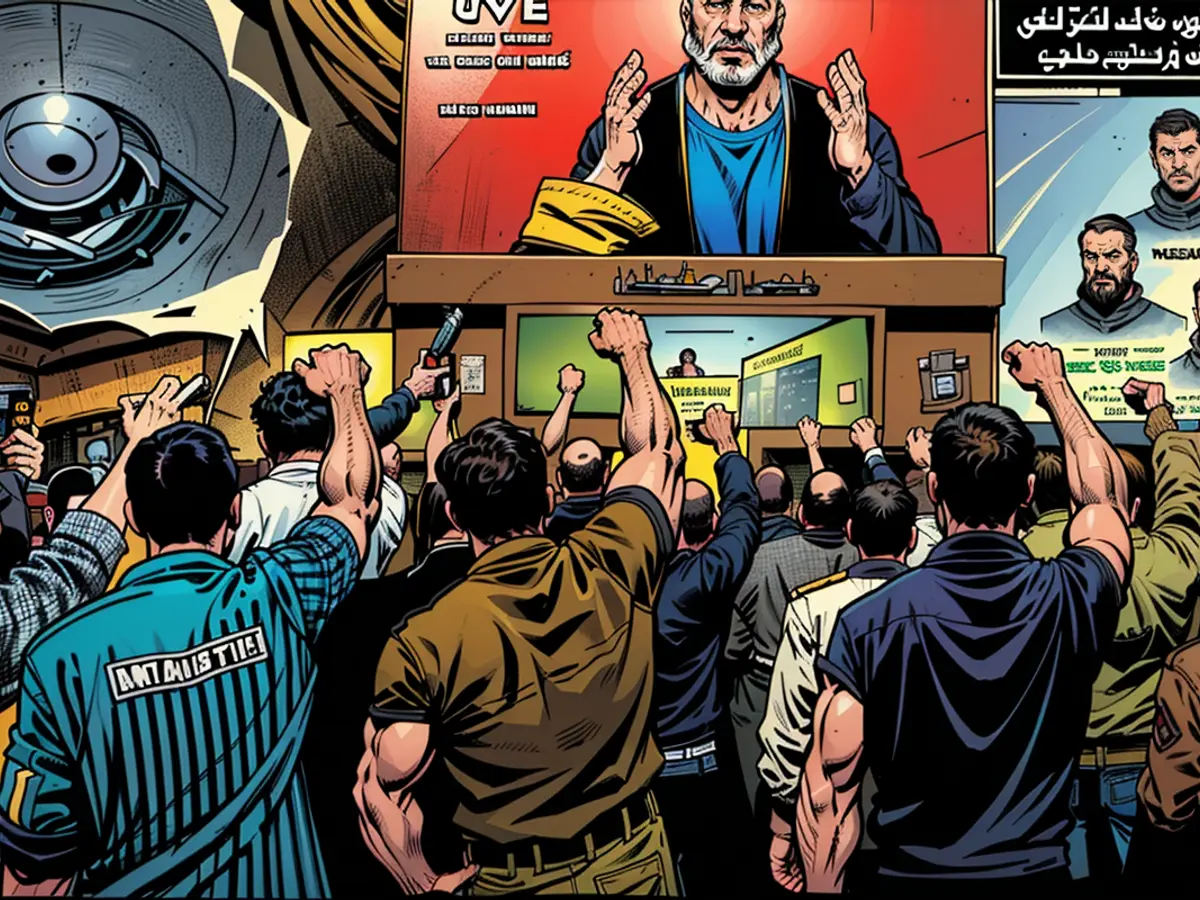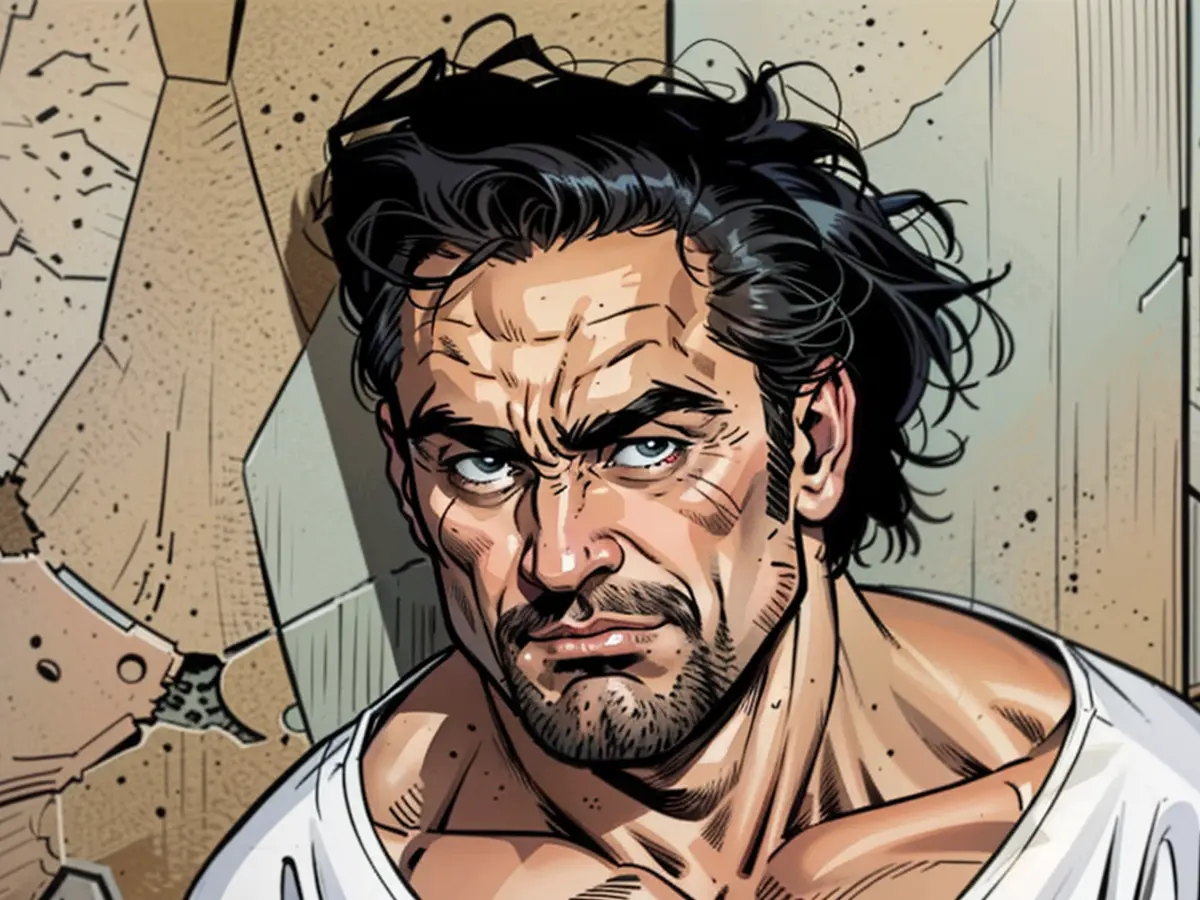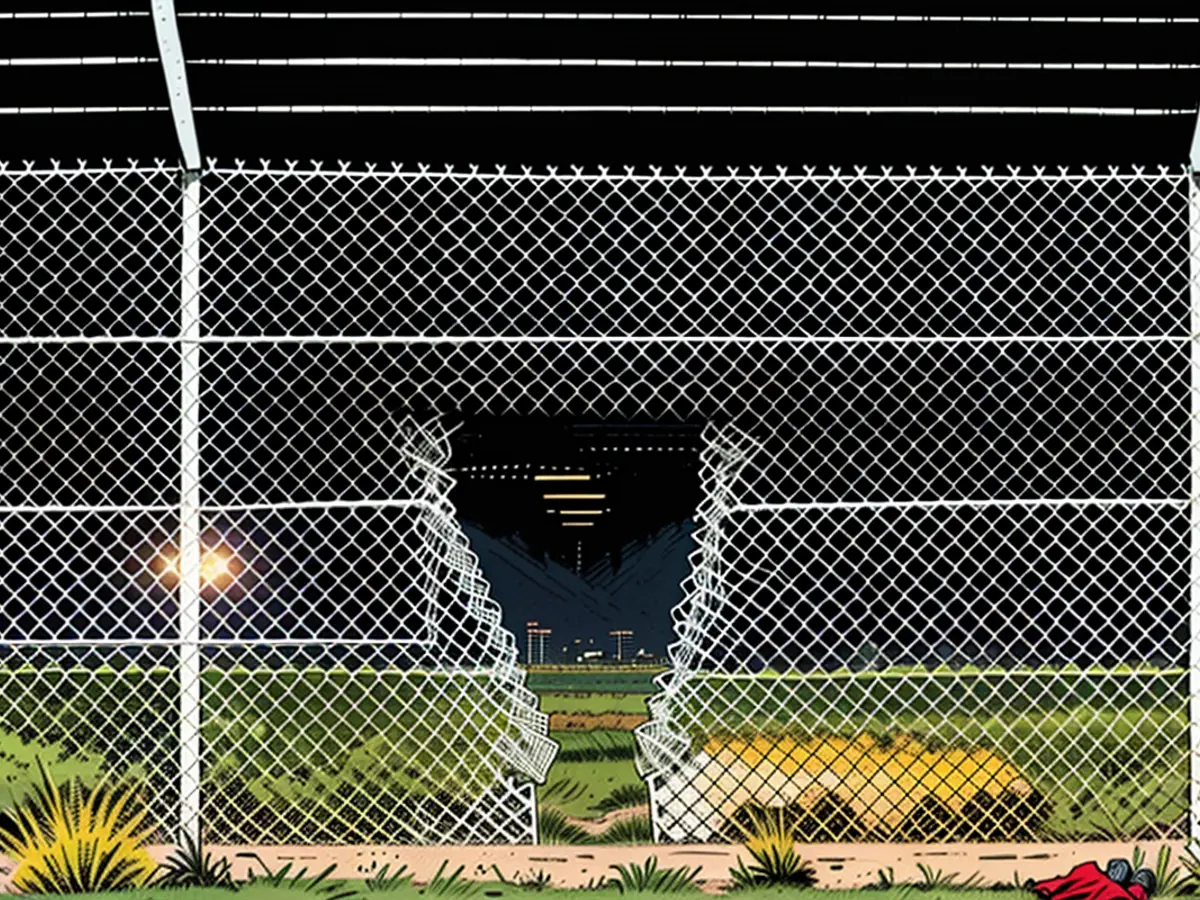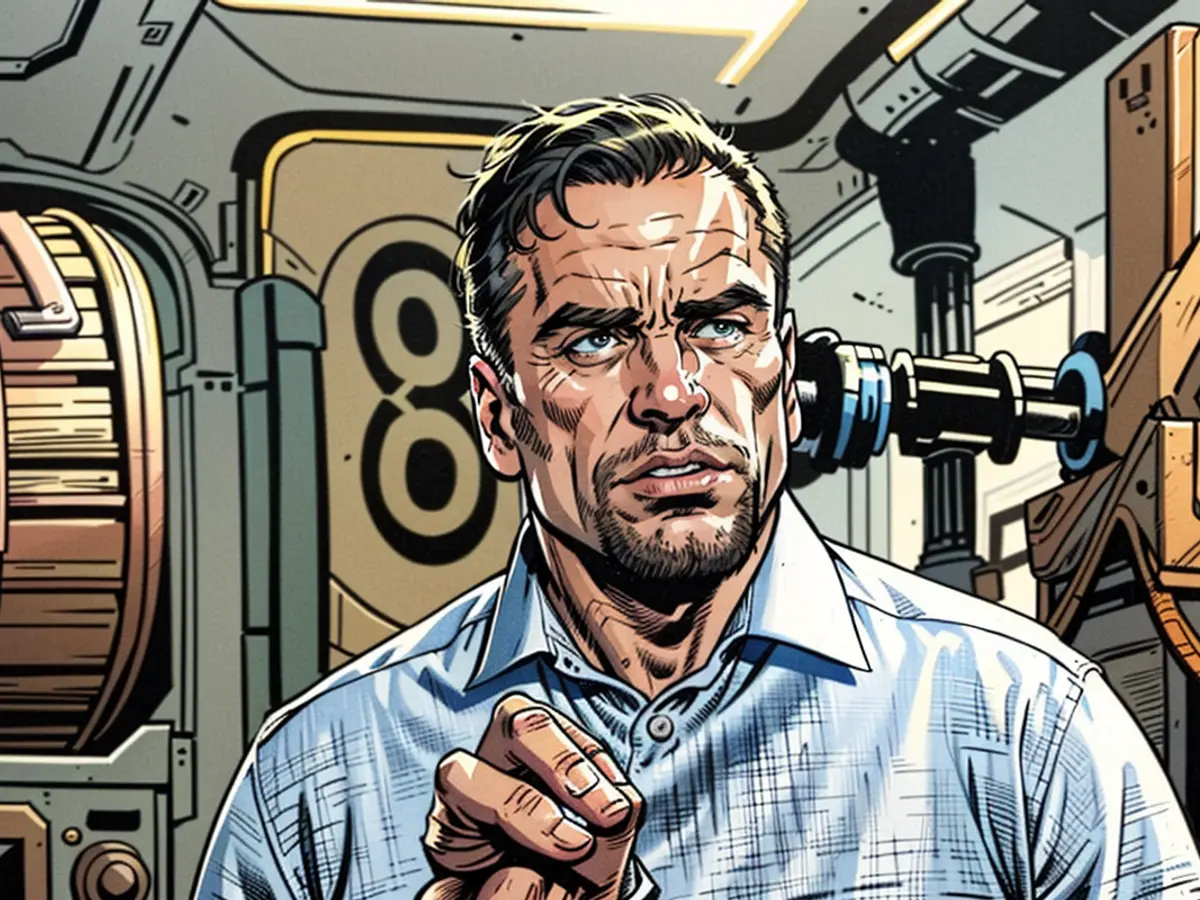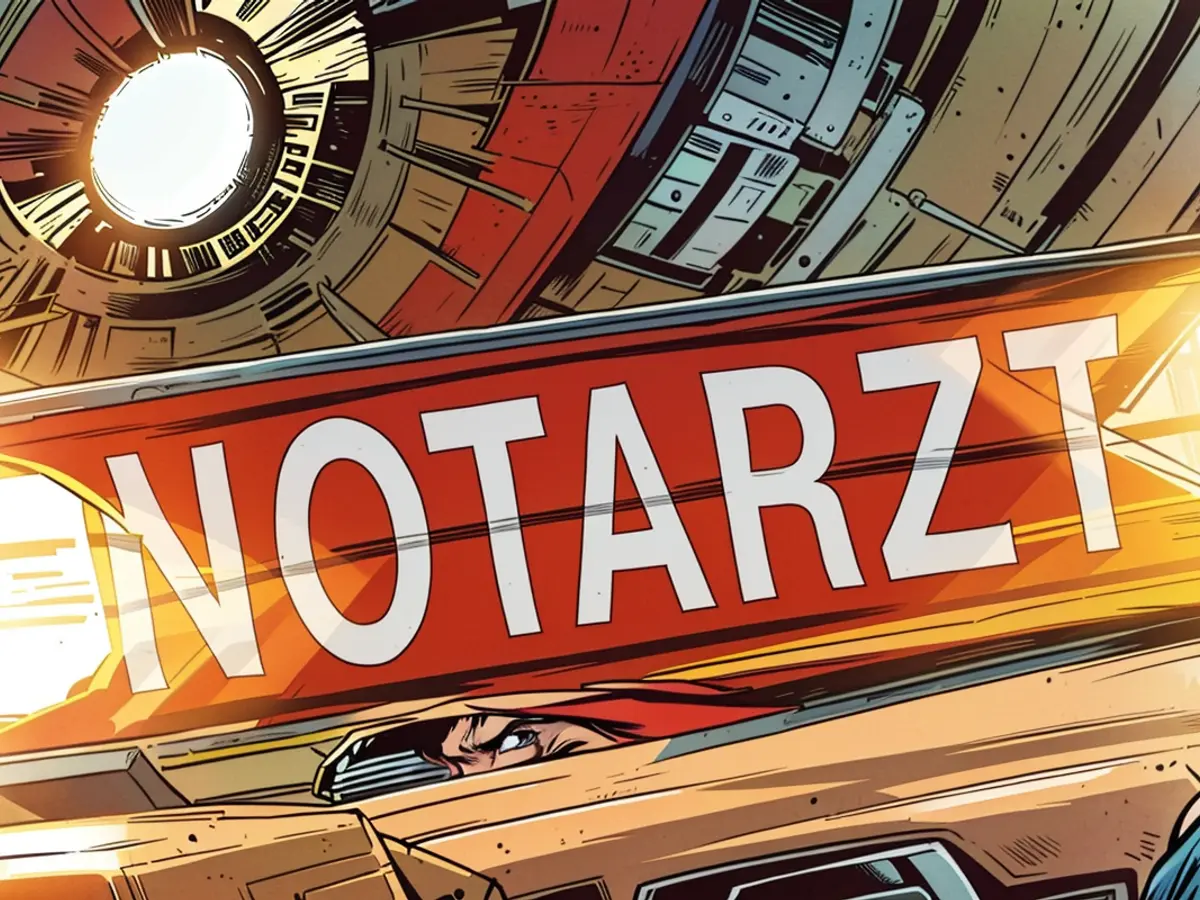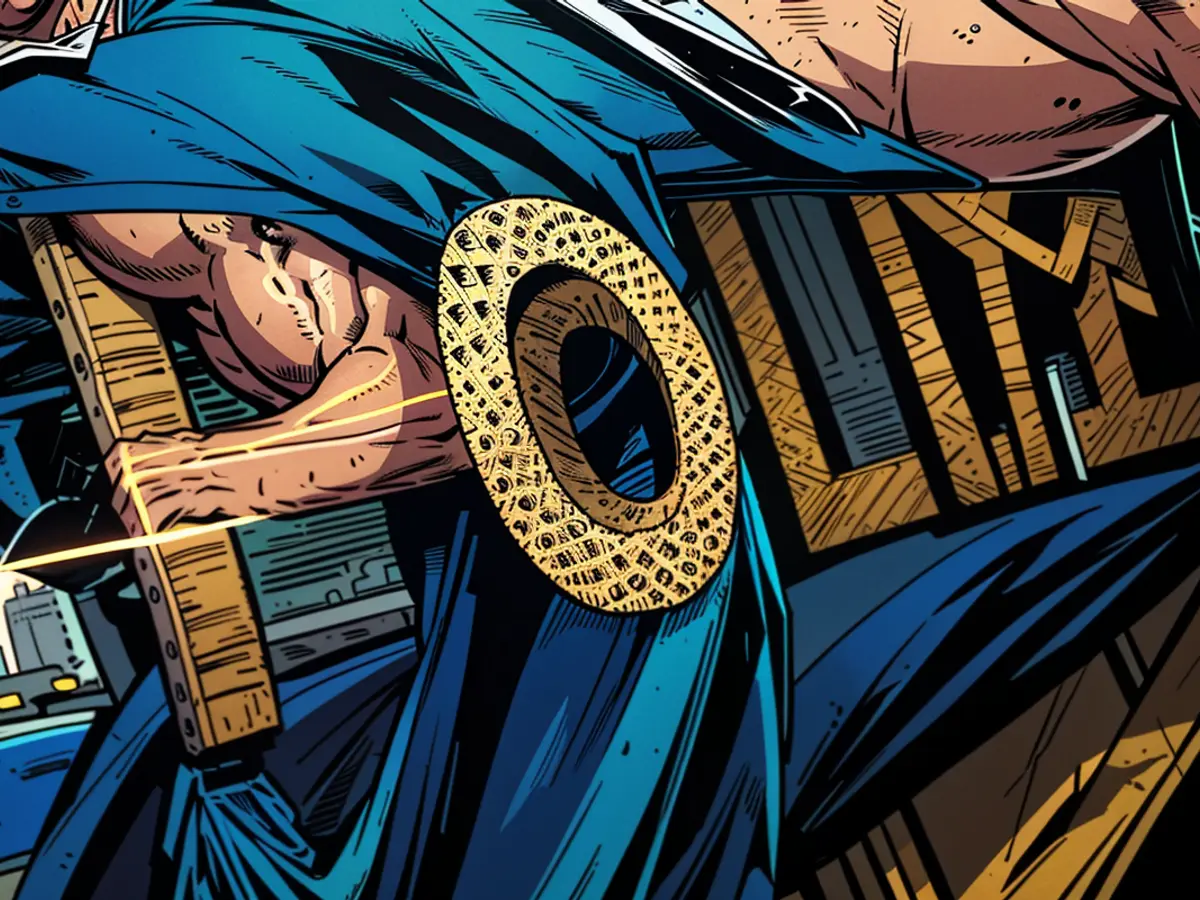Overlook inpose - World Security Council calls for de-escalation in the Middle East
The United Nations Security Council urges all parties involved to exercise restraint following the targeted killings of the political leader of the Islamic Hamas in Iran and the top military commander of Hezbollah in Lebanon. All actions that could drive the entire Middle East into the abyss must be avoided, UN Secretary-General António Guterres said in New York.
Iran called on the international community to take action against Israel. According to the New York Times, Iran's Supreme Leader Ayatollah Ali Khamenei has ordered a direct attack on Israel as retaliation for the killing of Hamas' external operations chief, Ismail Haniyeh.
Iran and Israel demand international response
The alleged Israeli operation in the Iranian capital of Tehran violated international law and suggests an intent to escalate the conflict and expand the war to the entire region, said Iran's UN ambassador Amir Saeid Iravani before the UN Security Council in New York.
Israel's deputy ambassador Jonathan Miller said Iran is destabilizing the entire Middle East by funding proxy groups, including the Shiite Hezbollah militia in Lebanon and Hamas in the Gaza Strip, which are considered proxies. "Therefore, we call on this Council to condemn Iran for its continued support of regional terrorism and to impose further sanctions on Tehran," said Miller.
Haniyeh was reportedly killed in an Israeli attack while visiting Tehran on Tuesday night. Israel, which is at war with Hamas, has neither confirmed nor denied the killing.
Hours earlier, Israel's army killed the top military commander of Hezbollah in Lebanon, Fuad Shukr. With these two attacks, the danger of a larger regional war has increased, as the Hamas and Hezbollah, considered the most powerful, are part of Iran's self-proclaimed "Axis of Resistance" against the Jewish state.
Hezbollah has announced a speech by its secretary-general Hassan Nasrallah for today. Iran's Supreme Leader Khamenei has already publicly vowed revenge for Haniyeh's death. According to the New York Times, citing three Iranian officials allegedly informed about the order, Khamenei gave the order for a direct attack on Israel during an emergency meeting of the Supreme National Security Council on Wednesday morning. This has not been confirmed. The time and scope of a possible Iranian retaliatory attack were not mentioned in the newspaper's report.
Netanyahu: Israel faces "challenging days"
Israeli Prime Minister Benjamin Netanyahu warned his people of "challenging days" ahead. "We are prepared for any scenario and will face all threats united," Netanyahu said after a meeting of Israel's security cabinet at the military headquarters in Tel Aviv.
German Foreign Minister Annalena Baerbock called on German citizens in Lebanon to leave immediately. The USA also advises Americans to avoid traveling to Israel's northern neighbor.
"Israel will demand a heavy price for any aggression against us from any front," said Netanyahu. The war will continue to require resilience from Israeli citizens. "From the start of the war, I have stated that we are engaged in a struggle against the Iranian axis of evil."
Netanyahu is criticized by domestic critics for primarily reacting to attacks and rarely taking the initiative. The recent attacks in Beirut and Tehran are seen as an attempt to go more on the offensive, also demonstrating Israel's extensive intelligence and military capabilities. The state, surrounded by hostile countries, appears to be trying to restore its deterrent power, which was severely damaged by the Hamas terrorist attack on Israel's border region on October 7, 2023.
For Iran, the killing of Hamas' external chief Haniyeh in Tehran during his visit for the inauguration of new Iranian President Massoud Peseschkian is a heavy humiliation and an affront to its security apparatus. However, the "Wall Street Journal" quoted an analyst from the International Crisis Group as saying that she doesn't believe Iran will go to war over the murder of a Hamas leader. She pointed out that Hezbollah didn't go to war against Israel after the assassination of Hamas' second-in-command Saleh al-Aruri in Beirut in January.
USA: No signs of imminent escalation
The U.S. government continues to express a calming stance. "We don't believe escalation is inevitable, and there are no signs that escalation is imminent," said John Kirby, communications director of the National Security Council. He didn't want to dismiss current concerns, but stressed that they are "very, very closely" monitoring the situation in the region.
The UN's political affairs chief, Rosemary DiCarlo, told the Security Council: "Urgent diplomatic efforts are needed to change the trajectory and find a path to regional peace and stability." She added, "The communication through rockets, armed drones, and other deadly attacks must stop."
Asked about the potential impact of the events in Beirut and Tehran on the negotiations for a ceasefire in the Gaza conflict, Kirby said it's too early to assess. "It's still complex, and the reports we've seen from the region in the last 24 to 48 hours haven't made it any less complex," he said. Kirby stressed that he didn't want to sound overly optimistic, but the U.S. still believes "it's worth pursuing the existing agreement." The U.S. government believes there is "a viable process" and "interested parties" for continued talks.
The European Union, being a major global player, could play a crucial role in deescalating the tensions between Iran and Israel. It could initiate diplomatic efforts to mediate a peaceful resolution, using its influence and relationships with both nations to promote dialogue and understanding.
Given the European Union's commitment to upholding international law, it might also consider imposing sanctions on any party found to be violating international agreements or engaged in acts of aggression, as a way to deter further escalation and promote peace.
